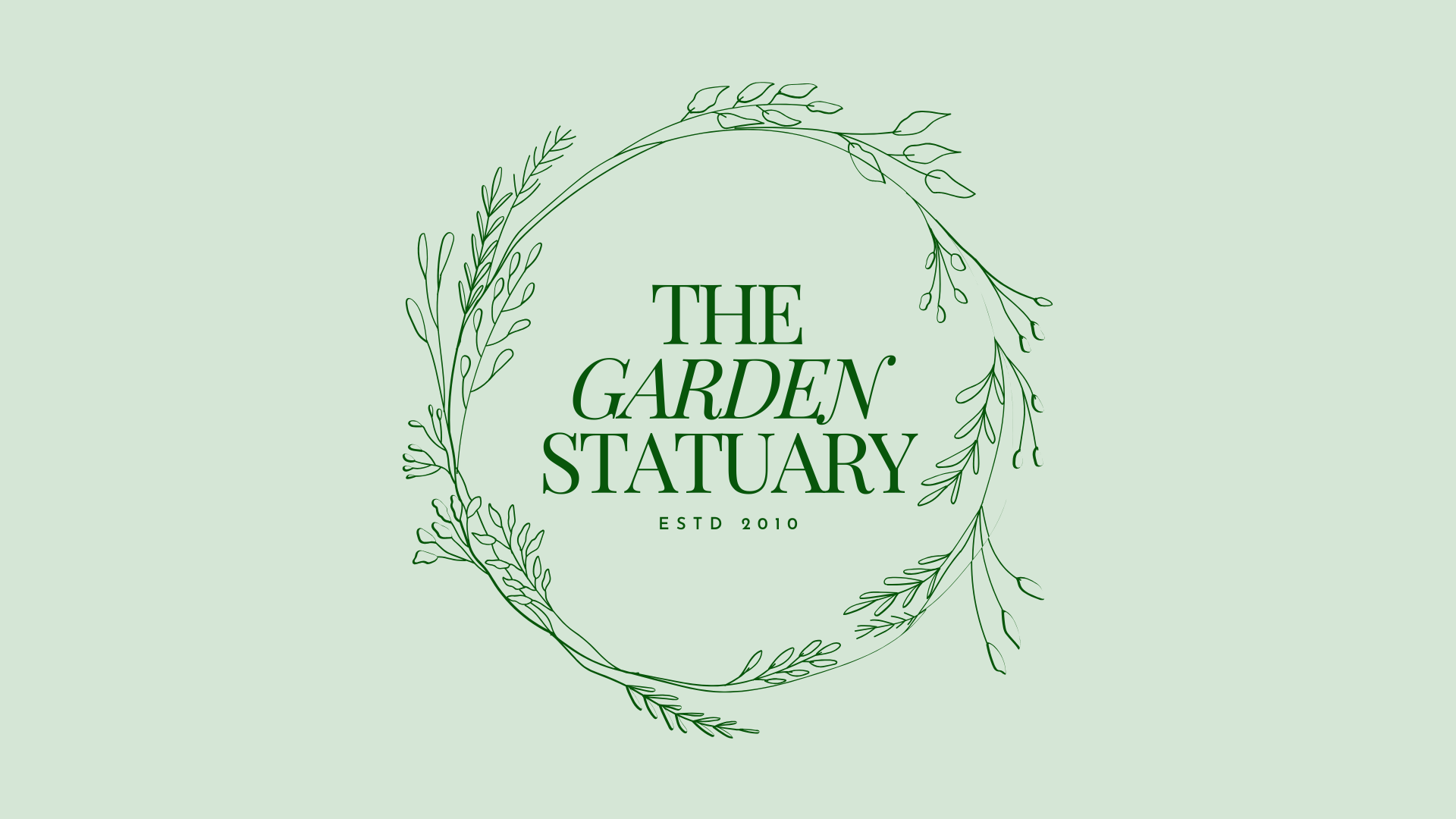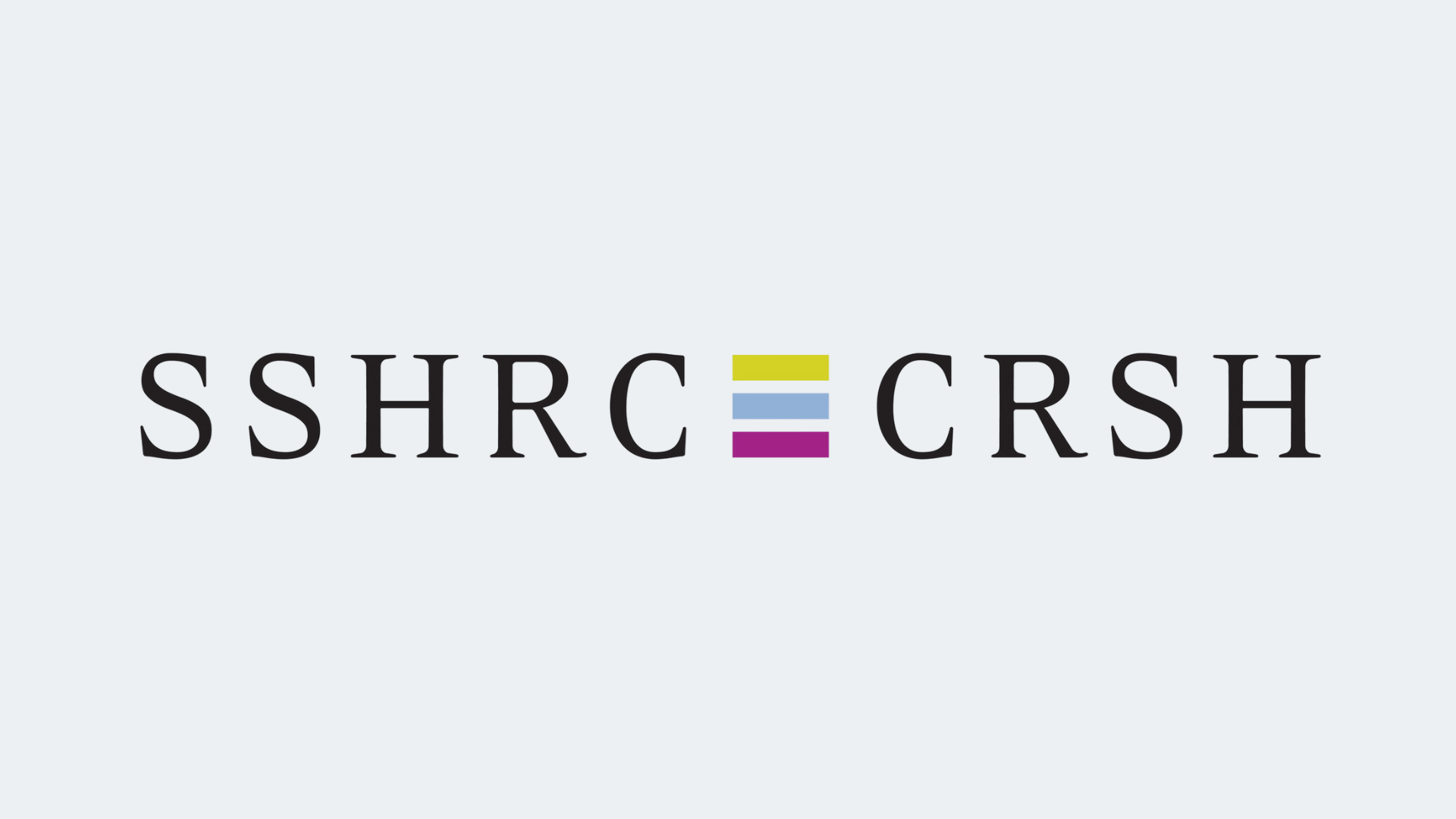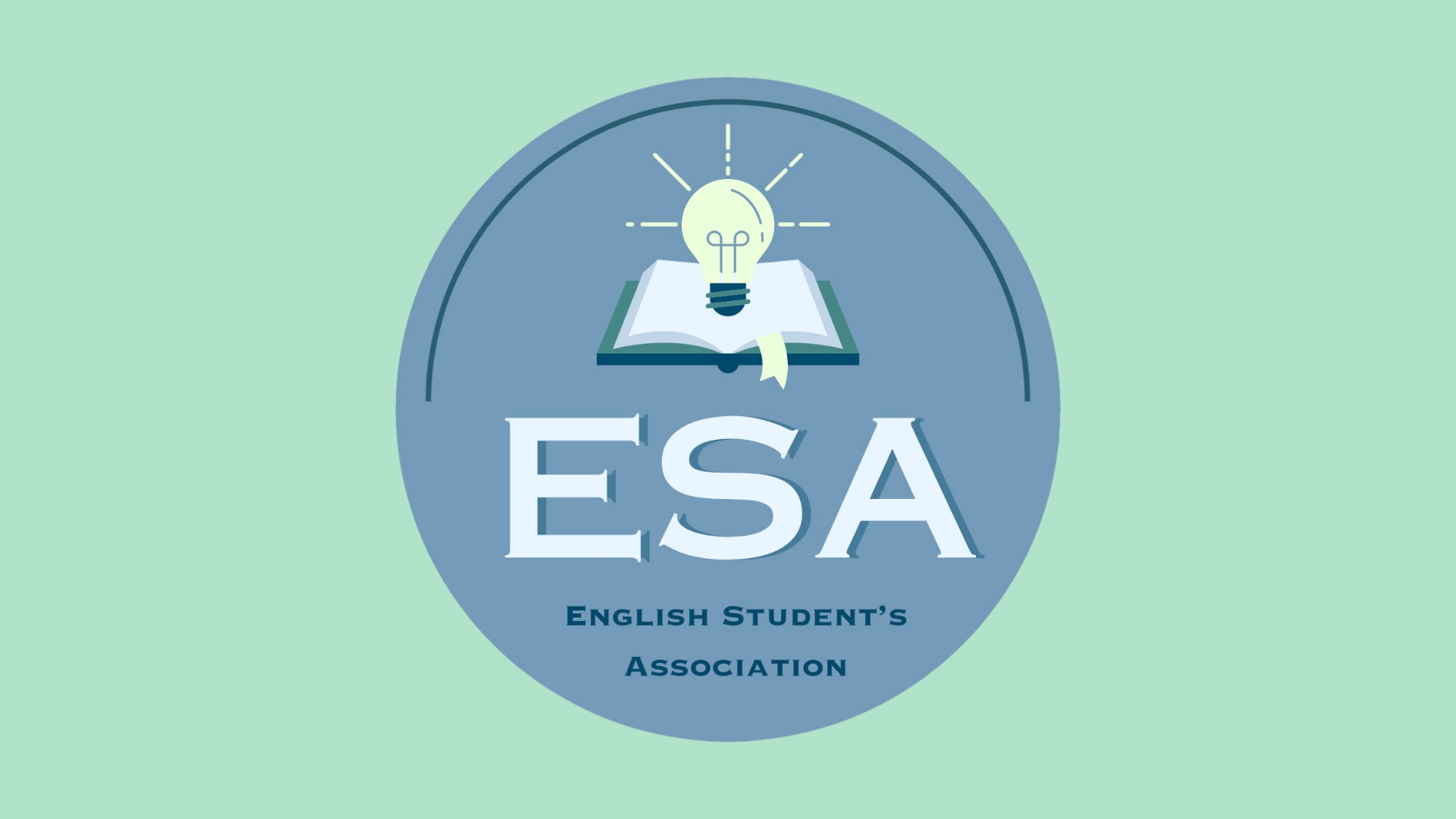Literature Majors Seminar
Term 2
T, 9:30 – 11:00 a.m.
Writers who wrote in English—or who received prominent translation into English—played a major role in a number of facets of early modern science, including early science fiction. Moreover, the literary dimension (broadly speaking) of those writers’ achievements repays examination from a humanities as well as a scientific point of view. The same, of course, can be said of more “literary” writings that engage issues of what we now call science. In this course we’ll aim to become competent, independent researchers in early modern English literature, and we’ll do this by cultivating practical skills for investigating how printed materials reflect and mediate the period’s exciting intellectual and scientific developments. Participants will require no prior scientific knowledge, but only a determination to uncover and taste some of the rich primary materials produced in the period of the Scientific Revolution. Writers studied may include authors such as Thomas Digges (translator of Copernicus), William Gilbert, Francis Bacon, Galileo Galilei, Robert Burton, John Wilkins, Francis Godwin, John Milton, Aphra Behn, and Thomas Sprat. We will access their works mainly, though not exclusively, via the amazing collection available at Early English Books Online (EEBO).
Recent News
Student
EL&L Student Annie Wang Reflects on Her Experience Becoming a Published Author with The Garden Statuary
July 11, 2025


Achievement, Faculty
Drs. Mackie and Nardizzi Among 65 UBC Arts Researchers Who Were Awarded 2024 SSHRC Funding
July 10, 2025


Announcement, Student
UBC English Students’ Association: Save $5 and Get a Free Membership from July 9th to 18th, 2025
July 9, 2025

